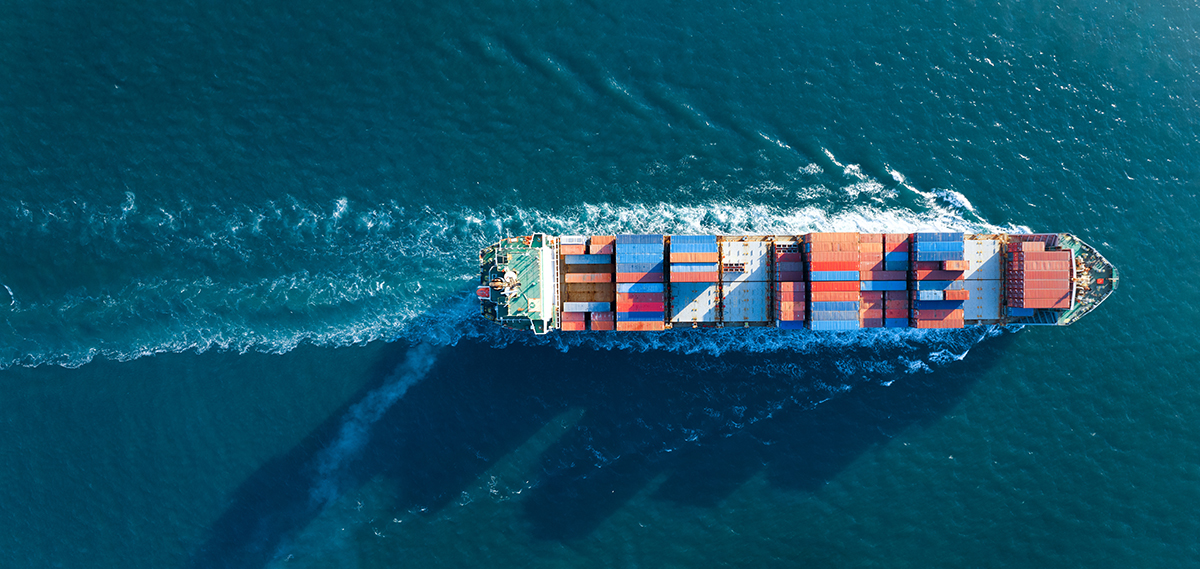Fresh Del Monte has reported major shipping disruptions at Costa Rica's Port of Caldera, where unusually strong ocean swells created a chokepoint for vessel access by tropical fruit exporters. The resulting congestion and vessel delays of up to five days at Costa Rica's most important Pacific port is causing supply disruptions of tropical fruit, the company told The Packer in an email.
To learn the latest, The Packer connected with Raul Saca, senior vice president of global logistics for Fresh Del Monte, earlier today.
Have the strong ocean swells continued? Is there still a bottleneck for vessel access or has it started to clear?
Saca: The ocean swells have started to clear and have mostly come to a stop, with the exception of the days following the earthquake in the Russian Far East [Aug. 2], which affected the entire Pacific Ocean.
What tropical fruits have been impacted most?
The tropical fruits impacted the most by these disruptions are bananas and pineapples. These are the fruits exported in the largest quantities from Port of Caldera; however, other exports like ginger, dragon fruit and coffee are also impacted.

How might this impact prices and supplies of tropical fruits imported to the U.S.?
Supply of tropical fruits to the U.S. will ultimately be impacted due to the delays. In regard to pricing, we do not anticipate much impact.
Is there a potential for food waste? If vessels are delayed by five days, will this impact the freshness of products when they reach the U.S.?
Yes, possibly. Since produce is highly perishable, this definitely poses a challenge. With the vessel delays, the shelf life of the produce is diminished, ultimately affecting the freshness of products once they arrive.
What is Fresh Del Monte doing to alleviate the situation? Should retailers be prepared for reduced supplies?
We are adjusting wherever possible and cooperating with other shipping lines to minimize the effect of the delays. Retailers can expect schedule disruptions and reduced supplies in the coming weeks, but we are taking proactive steps to mitigate these potential delays. For example, we are swapping slots with other shipping lines. If both lines are going to the same destination, like Port Hueneme, we load the cargo in Caldera for our customers and theirs, and they load our cargo and theirs in Quetzal. This type of slot exchange and cooperation allows for one less vessel in each port, easing congestion once the ports become operational.









.png)








